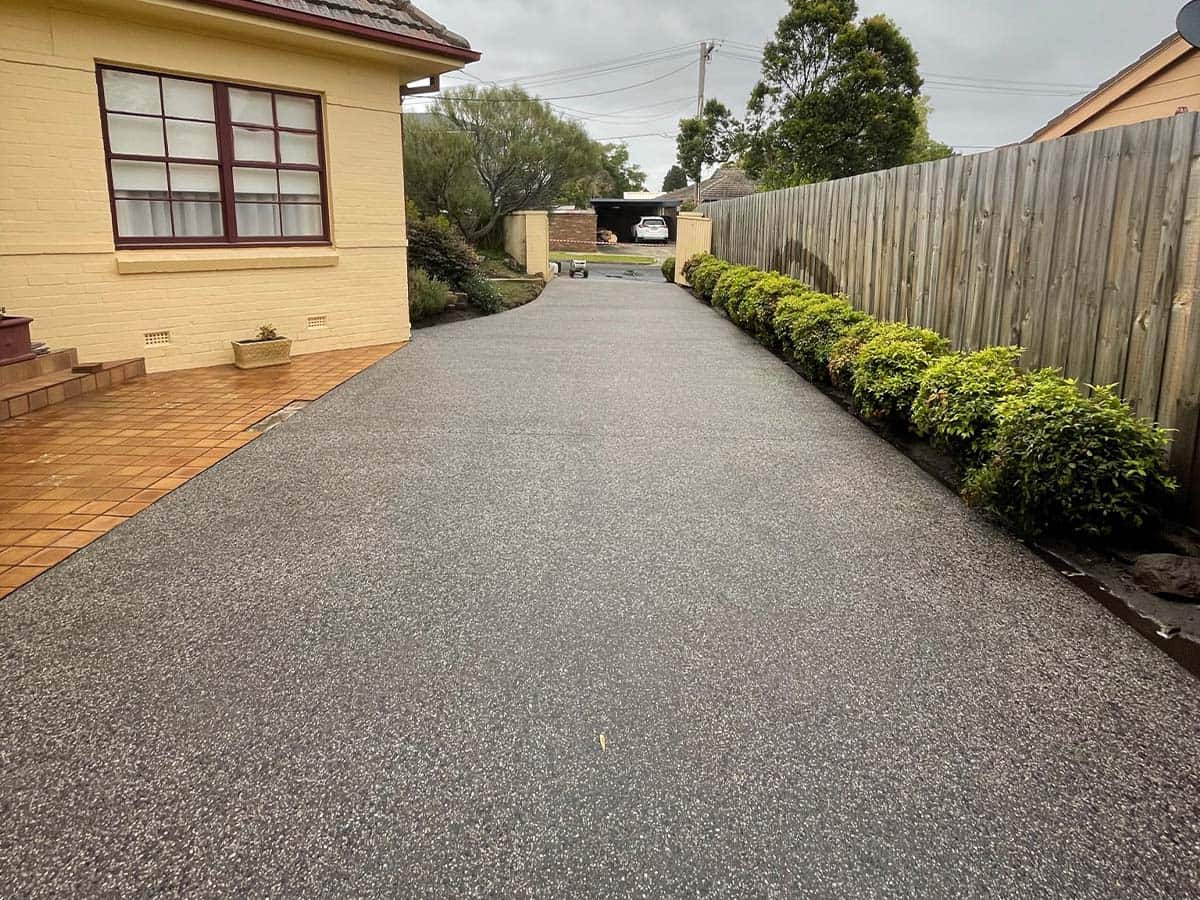Economical Concrete Solutions: High Quality Craftsmanship at Competitive Rates
Unveiling the Eco-Friendly Advantages of Utilizing Recycled Concrete in Lasting Construction Practices
In the realm of sustainable building techniques, the use of recycled concrete stands as a pivotal yet typically underestimated source. Beyond its standard applications, recycled concrete deals a myriad of environmentally friendly advantages that expand far beyond the confines of traditional construction products.
Ecological Advantages
Undoubtedly, among one of the most substantial benefits of making use of recycled concrete is its positive influence on the setting. By incorporating recycled concrete right into construction techniques, there is a considerable decrease in the demand for new resources, bring about preservation of natural deposits. This process helps in preserving accumulations, water, and power that would have been utilized in creating new concrete. In addition, making use of recycled concrete diminishes the quantity of waste being sent to landfills, therefore lowering ecological contamination and easing the stress on garbage dump capabilities.

In contrast, recycled concrete has a reduced carbon footprint as it decreases the need for brand-new concrete production. Generally, the environmental advantages of making use of recycled concrete are substantial and play a crucial function in advertising environmentally friendly building approaches.
Cost-Efficiency
Achieving cost-efficiency is an extremely important consideration when assessing the use of recycled concrete in building and construction projects. One of the essential benefits of making use of recycled concrete is its cost-effectiveness contrasted to traditional concrete.
In addition, using recycled concrete can cause financial savings in garbage dump expenses by drawing away concrete waste from disposal sites. This not just reduces the ecological influence yet additionally eliminates the costs associated with waste removal. The toughness and efficiency of recycled concrete are equivalent to traditional concrete, making sure that expense financial savings do not compromise the top quality of the building.
Durability and Toughness
Taking into consideration the considerable cost-efficiency advantages of utilizing recycled concrete, it is necessary to analyze its durability and stamina in building and construction applications. Recycled concrete offers comparable, otherwise superior, longevity and stamina homes to conventional concrete. Through innovations in handling strategies and top quality control, recycled concrete can satisfy or go beyond the performance standards of standard concrete. The process of reusing concrete includes squashing, sorting, and evaluating old concrete to create aggregates that can be made use of in new construction tasks. These recycled aggregates can giving acceptable compressive stamina, resilience, and long-term efficiency.

Waste Decrease
When it comes to making use of recycled concrete, waste decrease is a vital benefit that adds dramatically to ecological preservation. By integrating recycled concrete into construction projects, this waste is repurposed and drawn away from landfills, lowering the overall ecological influence of building activities.
Recycled concrete not only assists in lessening the amount of waste that winds up in landfills however also preserves natural deposits by reducing the need for new aggregate materials. This procedure of waste reduction advertises a circular economic climate within the building industry, where materials are recycled and reused to create a more lasting market. Furthermore, the usage of recycled concrete can result in cost savings for building and construction tasks, as it is usually a lot more affordable than sourcing and browse around these guys moving new materials. Finally, waste decrease through the application of recycled concrete is an important part of sustainable building and construction great site methods that profits both the environment and the construction sector in its entirety.
Energy Preservation
Energy preservation is a vital facet of sustainable building practices, aiming to decrease the total power consumption connected with building operations and products production. When it pertains to utilizing recycled concrete in building and construction, substantial power financial savings are achieved compared to typical concrete production. The process of creating recycled concrete entails recycling and squashing existing concrete products, which eats much less energy than mining, processing, and transporting resources for new concrete manufacturing. Additionally, making use of recycled concrete can assist lower the demand for virgin accumulation, additional minimizing the energy-intensive removal and handling of natural deposits.
Verdict
To conclude, the usage of recycled concrete in lasting construction methods offers countless environmental advantages, cost-efficiency, longevity, toughness, waste reduction, and power preservation. By including recycled concrete into building and construction projects, we can add to a more sustainable and ecologically friendly future. It is crucial for the construction market to prioritize using recycled materials to help in reducing the ecological effect of construction tasks.
One of the essential benefits of utilizing recycled concrete is its cost-effectiveness compared to typical concrete.In addition, the use of recycled concrete can lead to savings in landfill prices by drawing away concrete waste from disposal sites. The sturdiness and performance of recycled concrete are similar to traditional concrete, making sure that price savings do not compromise the quality of the building.
